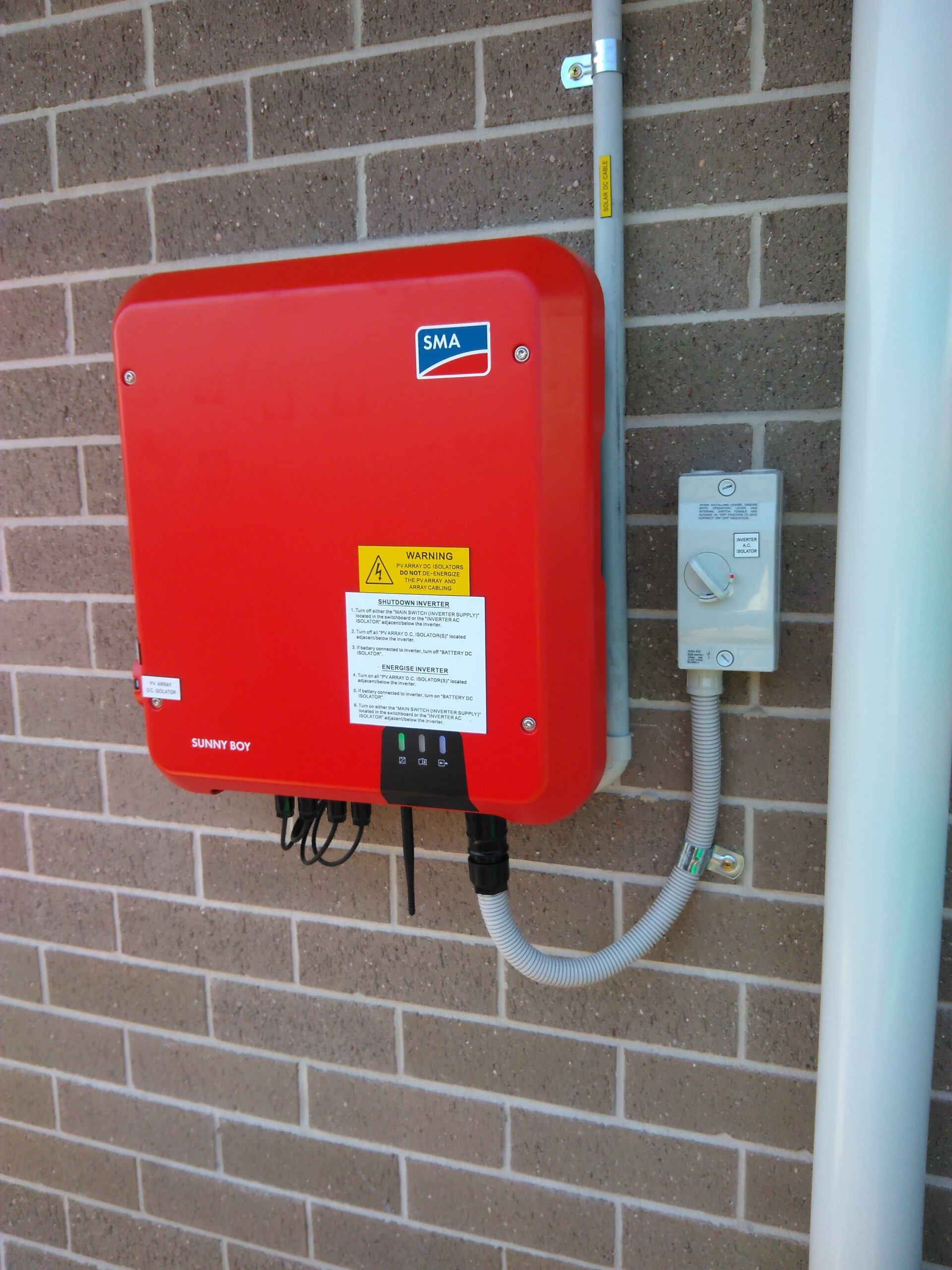News
SolarBright Awarded Powerwall Premium Certified Installer
SolarBright has been recognised with Tesla Powerwall Premium Certified Installer status, reflecting our installation…

When it comes to taking advantage of and harnessing the power of solar energy, solar inverters play a crucial role as the backbone of solar power systems. These devices are responsible for converting direct current (DC) electricity from your solar panels into the alternating current (AC) electricity that powers our homes and businesses. In this article, we will look at the importance of solar inverters, their functionality, and how to get more value for money.
Solar inverters are essential components of solar power systems, responsible for transforming the DC electricity produced by solar panels into usable AC electricity. They act as the interface between the solar panels and the electrical grid, ensuring a seamless flow of energy. Solar inverters perform several key functions:
Of course, not all solar inverters are created equal. Some are more efficient and suffer lower energy loss than others, which can affect your whole system’s performance. Rather than worrying about the cheapest solar inverter price, high-quality inverters with a track record of reliable performance should always be your priority.
There are many different kinds of solar inverters available, each with its advantages. Most importantly, these different types of inverters are typically used with specific types of solar panels. So, when choosing an inverter, you’ll want some expert assistance to ensure all of your system’s components work well together.
The efficiency of a solar inverter directly impacts the overall performance of your system and, therefore, the energy savings you can expect. Higher efficiency means more solar energy captured by the panels is converted into usable electricity. When selecting a solar inverter, it is essential to consider its efficiency rating and performance specifications.
In Australia, solar inverters must comply with the standards set by the Clean Energy Council (CEC) to be eligible for government incentives and rebates. Essentially, if you use an inefficient inverter, more solar energy will be lost between your solar panels and your switchboard.
Monitoring the performance of a solar power system is crucial to identify any issues or inefficiencies promptly. Many modern solar inverters come equipped with built-in monitoring capabilities, allowing homeowners to track their system’s energy production and monitor its performance in real-time via an app.
Regular maintenance is another factor in getting the most from your solar system. Ideally, solar panels themselves should be cleaned and checked by experts at least once a year. When arranging this, ensure your inverter is checked for potential faults or inefficiencies.
At SolarBright, we provide tailored solar solutions based on your specific energy needs, budget, and energy-saving goals
Contact us today, as it’s time to discover more about our solar inverters. We’ll always help you choose the right fit for your needs. Our professional solar experts are available to answer your questions, provide expert advice, and assist you in making informed decisions about your solar energy journey.
Read Also:
What is the Best Orientation for Solar Panels?
7 Tips On Choosing The Best Solar For Sydney & NSW
Take a Look
News
SolarBright has been recognised with Tesla Powerwall Premium Certified Installer status, reflecting our installation…
Solar Power Tips
Traditional skylights can be a great way to bring natural daylight into your home.…
Skylights Guides
“DIY skylights” typically refers to skylight systems that can be installed without major building…